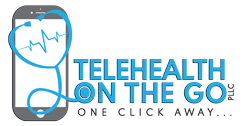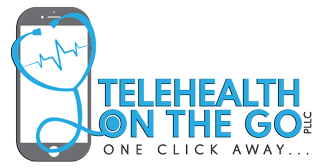Most common symptoms
Obsessions
These are upsetting thoughts or impulses that repeatedly occur.
People with OCD may try to ignore or suppress them, but they may be afraid that somehow the thoughts might be true.
The anxiety associated with suppression can also become too great to endure, making them engage in compulsive behaviors to decrease their anxiety.
Compulsions
These are repetitive acts that temporarily relieve the stress and anxiety brought on by an obsession. Often, people who have compulsions believe these rituals will prevent something bad from happening.
Post-Traumatic Stress Disorder (PTSD)
- Reliving: People with PTSD repeatedly relive the ordeal through thoughts and memories of the trauma. These may include flashbacks, hallucinations, and nightmares. They also may feel great distress when certain things remind them of the trauma, such as the anniversary date of the event.
- Avoiding: The person may avoid people, places, thoughts, or situations that may remind them of the trauma. This can lead to feelings of detachment and isolation from family and friends, as well as a loss of interest in activities that the person once enjoyed.
- Increased arousal: These include excessive emotions; problems relating to others, including feeling or showing affection; difficulty falling or staying asleep; irritability; outbursts of anger; difficulty concentrating; and being “jumpy” or easily startled. The person may also suffer physical symptoms, such as increased blood pressure and heart rate, rapid breathing, muscle tension, nausea, and diarrhea.
- Negative cognitions and mood: This refers to thoughts and feelings related to blame, estrangement, and memories of the traumatic event.


